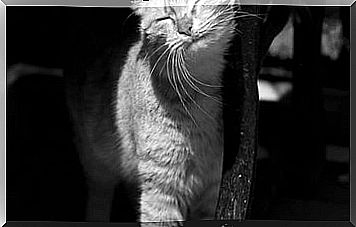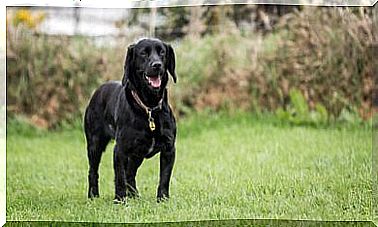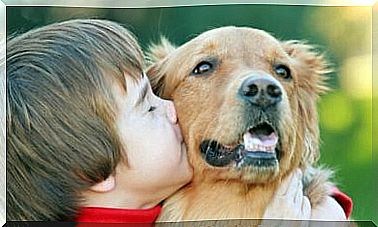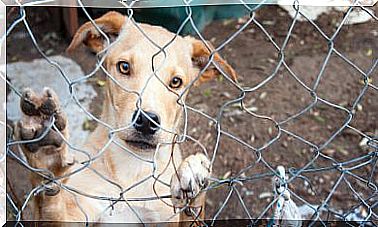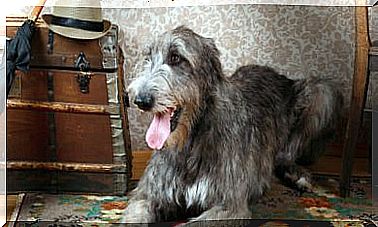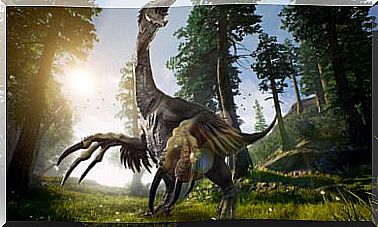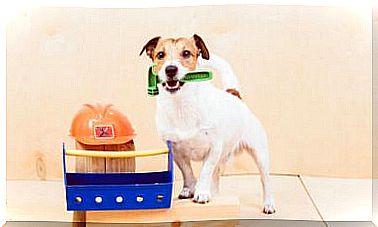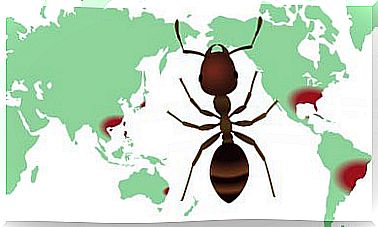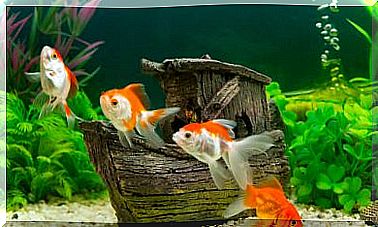Magic: How Do Dogs React?
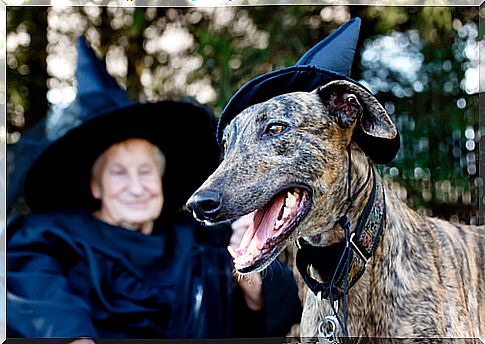
Perhaps you have seen a video on the internet where you see a magician doing tricks to make objects disappear in front of dogs and how they react. You have probably wondered, what do animals experience before magic? In this article we will tell you about it.
Magic for dogs
Magicians rely on a concept known as ‘object permanence’ for their tricks. According to this idea, we can understand that an object continues to exist even when we do not see it. That is, it disappears from our sight, but we know that at some point it will return to us.
Humans learn about it at 18 months and something similar happens with dogs. Yes, because, believe it or not, dogs understand the concept of object permanence … And before us! Puppies as young as five weeks can react to magic just like a baby under two years old.
Pets know that when their favorite toy or ball is out of sight because it is ‘hidden’ under the sofa or bed, the object is still there. You have probably seen your dog wanting to get something out of a piece of furniture while he was playing.
This also happens with prey in terrier dogs: they know that a rabbit, a mouse, a squirrel or any other animal hides under the burrow. And even in the park with your dog: when you throw him a treat that was hidden by the grass, he will look for it until he finds it.

That is why magic in people and dogs would work the same way. A trick where a magician hides a coin that he had in his hand can confuse us a bit, because we think that it is in the other hand or in any other place … but we are aware that the coin continues to exist.
If we analyze the reaction of a dog to a magic trick, it is probably the same that we have, or our children. The moment the object in question disappears, his face is “where has he gone?”, And the next move is to search between the magician’s hands or behind him… because he has hidden somewhere!
The permanence of the object gives the dogs a mental map in which they know that the object exists. They are aware that it should be there, even though they cannot see it at the time. They can bark, sniff or search desperately because they are aware that what is hidden will appear ‘as if by magic’.
Magic for dogs: the same as for children?
As stated above, and stated on many occasions, a dog reacts similarly to a small child to a magic trick. And unlike what happens with adults, it is easier for us to deceive them (both children and dogs).
Magic is a ‘deception’ and as such it can generate certain reactions in us: from astonishment to anger, going from confusion to sadness. Perhaps a baby experiencing the disappearance of his favorite toy will cry, and a dog will bark.
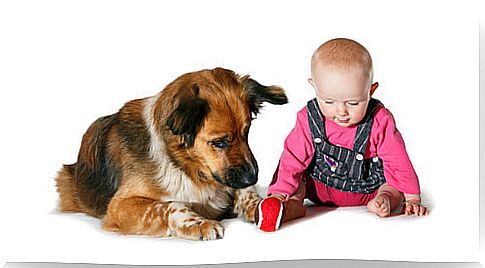
For this reason, a magician for ‘little ones’ (or dogs) is not the same as one for adults. The tricks must be different if you want to achieve puzzlement, laughter, or fun. At five years of age, some humans begin to be attracted to magic, because they understand it better than at a few months of life. In dogs, this could happen once they are no longer considered puppies.
Animals, in general, do not experience magic in the same way as an adult person, and it even all depends on how old they are. It is not the same to make a cookie disappear from a baby dog than an old one.
Apes, for example, have different reactions to magic – as do humans – and cats are not attracted to it at all. Birds and bees are susceptible to illusions, but they do not understand what happens: when something disappears from their sight, for them it is as if it ceased to exist.
